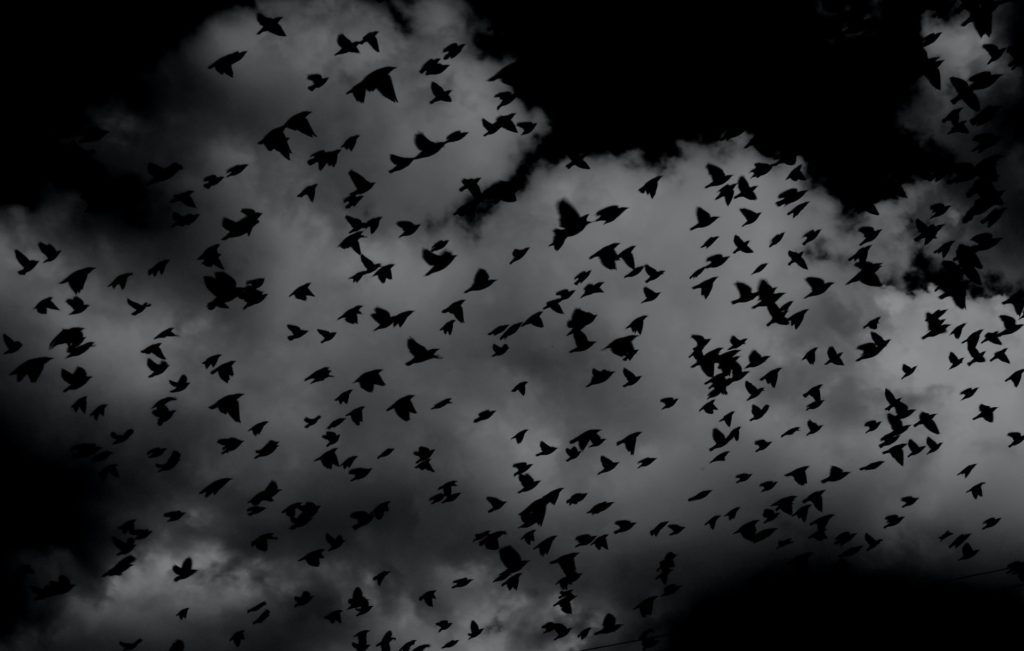The so-called “Southern Gothic” is a subcategory of the Gothic mode that nominally revolves around the American South – as in, the Southern US States. However, as we’ll see in this post, Southern Gothic tropes far exceed the strict topical confines of the American South. Indeed, understanding these Southern Gothic tropes can reveal hidden meaning in a vast literary space.
As is the case with the Gothic in general, the Southern Gothic, too, is difficult to pinpoint. Perhaps paradoxically, considering its (again, nominal) narrow focus, the Southern Gothic describes not a place but an experience. Though Southern Gothic tropes are generally well-defined, as we’ll soon see, their metaphorical dimensions and repercussions are far more flexible.
In simpler words: The Southern Gothic isn’t about the US South.
So, let’s take an analytic but accessible look at this intriguing subcategory of the Gothic mode. We’ll start with a basic outline of Southern Gothic tropes, and then I’ll explain what these tropes really signify. As a result, we’ll discover why the Southern Gothic framework can inform our reading of a vast number of other narratives.


